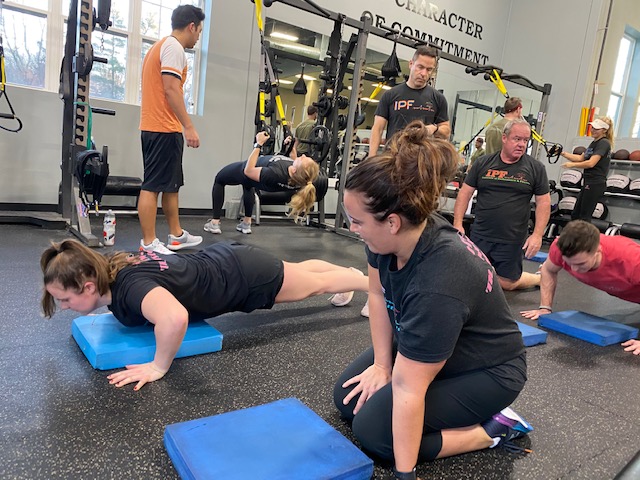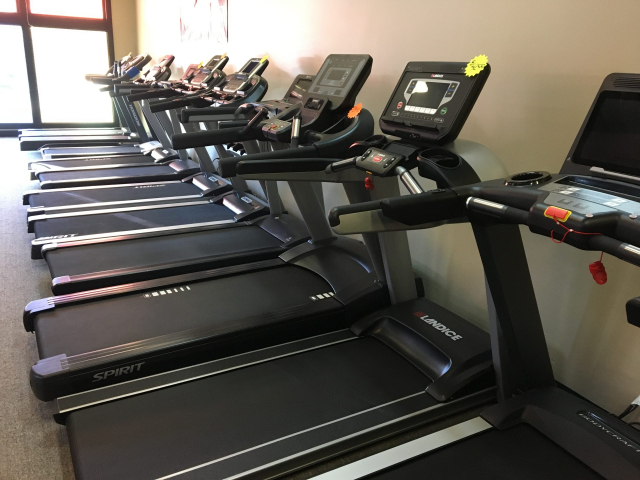In today’s fast-paced world, maintaining a healthy lifestyle has become a top priority for many. More people are recognizing the importance of regular exercise and physical fitness, which has led to a growing demand for personal trainers. Choosing the right personal trainer can be a challenging task, as it involves more than just finding someone who can push you through a workout. It’s about finding a fitness professional who can understand your unique needs and goals, and help you achieve them effectively. In this comprehensive guide, we’ll explore the essential factors to consider when selecting the perfect personal trainer for your needs.
Understanding Your Goals
Before embarking on your quest to find the ideal personal trainer, it’s crucial to have a clear understanding of your fitness goals. Are you looking to lose weight, build muscle, improve your endurance, or simply enhance your overall well-being? Understanding your objectives will enable you to find a personal trainer with the right expertise and experience to help you achieve them.
Certification and Qualifications
One of the primary factors to consider when choosing a personal trainer is their certification and qualifications. Ensure that your prospective trainer has the necessary certifications from reputable organizations, such as the American Council on Exercise (ACE), the National Academy of Sports Medicine (NASM), or the International Sports Sciences Association (ISSA). These certifications demonstrate that the trainer has received proper training and is up-to-date with the latest fitness techniques and safety protocols.
Experience and Specialization
Experience plays a pivotal role in determining the quality of a personal trainer. It’s advisable to select a trainer with several years of experience in the field, as they will have a better understanding of different body types, fitness levels, and specific needs. Additionally, consider their specialization. Some trainers excel in weight loss, while others are experts in strength training, sports-specific conditioning, or rehabilitation. Choose a trainer whose expertise aligns with your goals.
Communication and Compatibility
Your personal trainer will become a significant part of your fitness journey, and effective communication is crucial. It’s essential to find someone who can explain exercises clearly, answer your questions, and adapt their communication style to your preferences. Compatibility is equally important; you should feel comfortable working with your trainer. A good rapport can enhance motivation and make your workouts more enjoyable.
Assessing Training Style
Each personal trainer has a unique training style. Some trainers prefer high-intensity workouts, while others focus on a more holistic approach to fitness. To choose the right trainer, participate in a trial session or ask for a demonstration of their training methods. This will help you assess whether their style aligns with your preferences and comfort level.
Availability and Scheduling
Consider your schedule and the availability of the personal trainer. If your prospective trainer can’t accommodate your preferred workout times, it can lead to scheduling conflicts and hinder your progress. Choose a trainer with a flexible schedule or one who can work with your availability to ensure consistency in your training routine.
Cost and Budget
Budget constraints are a reality for most people. Personal training can be an investment, and prices can vary significantly. Get a clear understanding of the cost structure, including session rates, packages, and any additional fees. Compare the rates with your budget and assess whether it’s sustainable in the long run. Keep in mind that the cheapest option is not always the best, and investing in your health and fitness is worth it.
Client Reviews and Recommendations
Before making a decision, research the personal trainer’s reputation. Online reviews and recommendations from previous clients can provide valuable insights into the trainer’s professionalism, results, and overall demeanor. A well-reviewed trainer is more likely to meet your expectations.

Location and Accessibility
Convenience is a crucial factor when choosing a personal trainer. Consider the location of the training facility or whether the trainer offers in-home sessions. A nearby gym or studio can make it easier to stick to your workout routine, as you’ll spend less time commuting.
Trial Sessions
Many personal trainers offer trial sessions or consultations. Take advantage of these opportunities to experience their coaching style and assess their suitability. It’s an excellent way to determine if you feel comfortable and motivated during the training sessions.
Trust Your Instincts
Lastly, trust your instincts when making the final decision. If something doesn’t feel right or you have reservations about a particular trainer, it’s essential to explore other options. Your personal trainer should be someone you can trust and rely on to guide you toward your fitness goals. Check out this useful reference to find more tips and ideas about choosing the right personal trainer.
In conclusion, choosing the right personal trainer for your needs is a crucial step in your fitness journey. By considering your goals, qualifications, experience, communication, compatibility, training style, availability, cost, client reviews, location, and your instincts, you can make an informed decision that will benefit your health and well-being. Remember that investing in the right personal trainer can be a game-changer in your pursuit of a healthier and fitter lifestyle.




